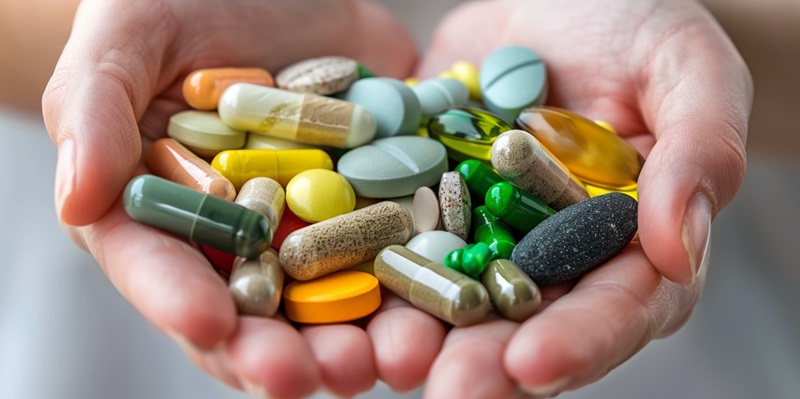In an era where antibiotic resistance threatens global health security, the medical community is in dire need of innovative strategies to combat this escalating peril. As bacterial strains grow increasingly impervious to existing medications, scientists are racing to replenish our antimicrobial arsenal. The quest for novel therapies has taken an exciting turn with the advent of artificial intelligence (AI), which is reshaping the landscape of drug discovery at an unprecedented pace.
AI’s Impact on Drug Discovery
The journey to discover new antibiotic agents has been turbocharged by AI’s ability to mine data on a colossal scale. A groundbreaking study showcased in Cell demonstrates AI’s prowess in scanning extensive genomic repositories to unearth peptides—short chains of amino acids with immense therapeutic promise. Traditionally, the search for such compounds is daunting and time-consuming. However, AI, using sophisticated machine learning algorithms, is revolutionizing the process by unveiling new candidates at a mind-blowing rate.
With its computational might, AI has rapidly identified close to a million peptides possessing antibiotic properties. This initial triumph is not just a testament to AI’s speed but also to its precision. Out of a hundred peptide candidates subjected to preliminary screens, 63 displayed antibacterial capabilities when pitted against different bacterial strains. Proving effective even in low doses, some of these AI-discovered peptides have shown remarkable potency against severe infections in animal models, rivaling, and potentially outperforming, known antibiotics like polymyxin B.
The Promise and Challenges Ahead
Amidst a growing global health crisis of antibiotic resistance, the need for fresh, effective approaches is critical. Bacteria are evolving, turning resilient against current drugs, which has led to an urgent race to enhance our medicinal toolkit. Within this climate of pressing necessity, the rise of artificial intelligence (AI) has emerged as a beacon of hope. AI is revolutionizing the process of drug discovery with remarkable speed, promising a breakthrough in inventing new treatments. This could be the key to keeping a step ahead in the fight against infections that are becoming harder to treat. Engaging with such technology, the medical community sees a glimmer of a future where antibiotic resistance no longer poses the formidable threat it does today. With AI, we are on the cusp of a medical renaissance where the creation of novel antibiotics might soon outpace the evolution of resistance.

